#IndustryNews
VW Plans Mass Culling of Combustion Cars, Loftier Margins
Practically every automaker on the planet has begun signaling a desire to change with the times by collectively revising their business strategies. The new hotness involves lower volumes, higher margins, and electric vehicles with the ability to push connected services allowing manufacturers to charge you piecemeal for just about every feature imaginable.
While Volkswagen Group has been at the forefront of those trends since the 2015 Dieselgate scandal helped force its hand, it often suggested that the shift to EVs would be a boon to low-income families. It was hardly the only automaker to make such promises, nor has it been the first to break them after deciding that perhaps there’s more money to be made with premium vehicles. VW has decided that its ideal strategy involves culling internal combustion vehicles by 60 percent over the next eight years and focusing on higher-margin products yielding superior profitability.
Report: Renault Considering Separate EV Business, IPO for Assets
Renault SA is reportedly mulling over the possibility of undergoing extensive restructuring, followed by an initial public offering for its electric vehicle assets. While the company had hinted that splitting itself into separate EV and combustion brands was a possibility in February, it wasn’t taken all that seriously. At the time, numerous automakers had suggested dividing themselves along similar lines.
But Ford Motor Co. announced it would actually be going ahead with the plan in March and Renault appears to be similarly warming to the idea, based on a meeting held last week between upper-level management and analysts. This included CEO Luca de Meo and CFO Thierry Pieton, both of whom allegedly acknowledged the real possibility of a split at the French automaker and the subsequent IPO.
Mega Dealerships Continue Consolidating Strength
If you frequent this website, there’s a good chance you’ve seen an article discussing how smaller car dealerships are being incorporated into larger entities over the last few years. As with most other industries, the trend has been accelerating and Automotive News just shared the metrics showing how far we’ve come over the last decade. According to the report, consolidation among mega dealers has made heaps of progress of late and should continue on with their mission of never-ending growth because none of them want to become the little guy after every pint-sized showroom has been bought up in North America.
Ford, GM Pausing Production in Michigan Over Parts Shortage
Ford Motor Co and General Motors will be individually suspending production in Michigan next week due to supply chain constraints. However, it’s difficult not to notice that the chosen facilities are responsible for lower-volume models they could probably afford to idle.
GM is stalling Lansing Grand River Assembly and Stamping, citing a parts shortage it said had nothing to do with the ongoing deficit of semiconductor chips. The company later stated that the Russo-Ukrainian war had not played a factor, abandoning the two most popular excuses for why something isn’t being done in 2022. Meanwhile, Ford has said the chip shortage has everything to do with its temporary closure of Flat Rock Assembly.
SEC Subpoenas Faraday Future Executives
Several executives from perpetual automotive startup Faraday Future have reportedly been subpoenaed by the U.S. Securities and Exchange Commission as part of an investigation into inaccurate statements made to investors. Though, considering the nameplate’s history, it would be impossible to assume which item the SEC will be focusing on thanks to FF’s exceptionally long history of industrial misgivings.
We’ve covered Faraday Future’s long and bizarre story from the early days of delivering half-baked, though otherwise impressive, concepts to its more recent status as an automaker in the ethereal sense. It’s promised the moon and only managed to deliver a handful of production husks that never surpassed the body-in-white phase and some “production-intent” prototypes of the FF91. Though the larger story is the SEC’s sudden interest in electric vehicle startups that went public via mergers with blank check firms, better known as special purpose acquisition companies (SPACs), over the last two years.
Report: Biden to Use Wartime Powers to Boost EV Battery Production
U.S. President Joe Biden is said to be considering utilizing wartime powers to spur domestic electric vehicle battery production. The administration reportedly wants to add the necessary raw materials to the Defense Production Act (DPA) penned at the start of the Korean War in 1950.
Originally designed to give the federal government more control of the U.S. economy (especially in regard to raw materials) throughout the Cold War, the law has also been leveraged by the Department of Defense to advance new technologies starting in the 1980s. In 2011, Barack Obama invoked the act to force telecommunications companies to provide detailed information to the Commerce Department’s Bureau of Industry and Security. Donald Trump would later invoke the DPA to identify an array of products deemed critical to national security as the trade war with China heated up, and then again to spearhead domestic production of materials and goods pertaining to the COVID-19 pandemic.
GM China Has Employees Living Inside Factories
General Motors’ joint venture in Shanghai is reportedly having employees sleep on factory floors to remain operational during regional COVID-19 lockdowns. The facilities are operated collaborative by GM and state-owned Chinese partner SAIC Motor Corp, with government restrictions being in place until at least Friday. Due to the tens of million people affected, it’s one of the largest lockdowns instituted since the pandemic started.
Initially reported by Reuters, the situation was framed as GM finding a workaround to ongoing Chinese lockdowns while other companies simply stopped production. But that seems to be glossing over some of the relevant context, mainly that the plant is now loaded up with workers who are sleeping inside the factory and living in relative isolation to ensure the facility is compliant with China’s stringent zero-tolerance policy while still managing to remain competitive.
Will Toyota's Production Pause Go Global?
Following last week’s announcement where Toyota explained its need to scale back Japanese production by 20 percent this April, the automaker has outlined planned slowdowns for the foreseeable future. It’s citing all the usual problems. Countries are still employing various COVID-19 restrictions that are upending supply chains, semiconductor production for automobiles remains insufficient, and there’s a war in Eastern Europe that’s creating all-new troubles while exacerbating some of the more familiar ones. But scaling back output might not be the death sentence it sounds like.
With last year resulting in 10 million deliveries worldwide, Toyota actually managed to improve its sales against 2020’s year-over-year global production decline of 12 percent. And the last two years have also yielded enhanced profitability for the automaker, despite it having expressed repeated concerns about procuring enough components to keep popular models (like the RAV4) in stock. In 2021, Toyota saw $249.4 billion in revenue and even became the best-selling automaker in the United States, dethroning former top-dawg General Motors.
Volkswagen Shifting Production Out of Europe, Into U.S. and China
Volkswagen Group will be moving some of its European production out of the continent and into facilities located in China and the United States, citing the war in Ukraine as the largest contributing factor. Though if you’ve been following the company, it had already signaled a desire to raise its capacity in China ever since the region shifted into becoming its largest market.
In fact, Chief Executive Herbert Diess said during Tuesday’s press call that China will be taking precedence as the automaker reorganizes its manufacturing.
Tesla Raises Prices Twice This Week
Tesla is receiving a lot of attention for having increased prices twice in one week. The Model 3, often presented as the company’s most-affordable option catering to the masses, now starts at $48,440 in the United States. Its crossover equivalent, the Model Y, now starts at a whopping $64,400 while larger products have surpassed the six-figure point of entry. Despite being the brand’s oldest model, the Model S saw increases over the summer (when it was just $90,000) and has since settled into $101,200 before you’ve even said the words Plaid or Full Self Driving. But the Model X remains even more expensive at $116,200.
Worse yet, those who can afford such vehicles won’t even be able to get them in a timely fashion. Despite weathering COVID restrictions rather well vs legacy automakers, supply chain issues seem to have caught up with the EV manufacturer. Wait times on order vehicles are now several months long. Some customers are being told that they’ll likely have to wait until 2023, specifically those hoping to score a Model X.
Toyota Cutting Production By 20 Percent Next Month
Earlier this week, we covered Toyota stressing over the feasibility of its current production plans. Automakers around the world are presently trying to suss out how to maintain solid profitability with diminished output, with Japan’s largest manufacturer suggesting the present state of the world might force it to do likewise.
While we assumed the resulting decisions would take a couple of weeks for Toyota to finalize, as it considered its many options, the company announced on Friday that it would need to cut domestic production by 20 percent for the month of April. The automaker framed this as part of its preexisting “recovery plan” necessary to account for supply chain issues that never seem to end, saying that diminished output would gradually normalize in Japan over the spring.
Toyota Considers New Production Strategy As World Burns
Toyota Motor Corp. is reconsidering its existing production strategy, citing ongoing global issues that are hindering its ability to manufacture vehicles at a normal pace.
Like most other automakers, Toyota has endured COVID restrictions, supply chains bottlenecks, component shortages, at least one cyberattack, and some new obstacles stemming from Russia’s invasion of Ukraine. These issues have already encouraged General Motors to pursue lower output as it focuses on selling on higher-margin vehicles. Though it’s hardly the only automaker signaling diminished production for 2022. Even the National Automobile Dealers Association is assuming 2022 will be another year of extra-tight inventories and wild markups. It’s something the industry was already doing, with Toyota becoming the next company opting to rejigger its targets to account for hard times.
GM Dumps Lordstown Motors
Lordstown Motors has gone from the savior of Ohio to just another blowhard electric vehicle startup. Last year, it became the focus of investment research firm Hindenburg Research and an incredibly damning report that accused the company of fraudulent behavior. The paper cited thousands of non-binding, no-deposit orders and was proven right a few months later when the startup announced it didn’t actually have enough money to commence commercial production. By June, Lordstown was under investigation and losing top-ranking executive with nothing to show for itself other than a factory it purchased from General Motors at a discount where it installed a pointless solar panel array. The company said it would be selling the plant to Foxconn Technology Group (Hon Hai Technology Group) in October, along with $50 million in stock, with the plan being to make the Taiwanese firm a contract assembler for the Lordstown Endurance pickup.
It’s going to need that money too because GM is severing ties with the startup and has confirmed it offloaded its remaining stock over the holidays. While the Detroit-based automaker only held about $7.5 million worth of shares, it still represented about 5 percent of Lordstown and continued support of a business that looked to be foundering.
Volkswagen AG Pressing Potential Porsche IPO
Volkswagen Group is apparently in talks with Porsche Automobil Holding SE about a potential initial public offering (IPO) for the Porsche luxury/sports brand. According to a statement from VW, the duo has already negotiated the agreed-upon frameworks and is in final discussions as to when they want to move forward.
Weeks of rumor preceded corporate confirmation, making it seem like the proposed deal was already a shoo-in. But any final decisions will still need to be approved by the management and supervisory boards — something Volkswagen Group said has yet to happen.
NHTSA Looking Into Tesla Vehicles Over 'Phantom Braking'
The National Highway Traffic Safety Administration (NHTSA) has announced it is investigating 416,000 Tesla vehicles after receiving 354 individual complaints of unexpected braking.
America’s largest purveyor of all-electric vehicles was forced to cancel its push of version 10.3 of its Full Self-Driving (FSD) beta software last fall after receiving reports that it was creating problems for some users. Drivers were complaining that the update had created instances of phantom braking after the vehicle issued false collision warnings. However, things only seemed to get worse as complaints to the NHTSA grew more frequent after bumping FSD back to an earlier version.




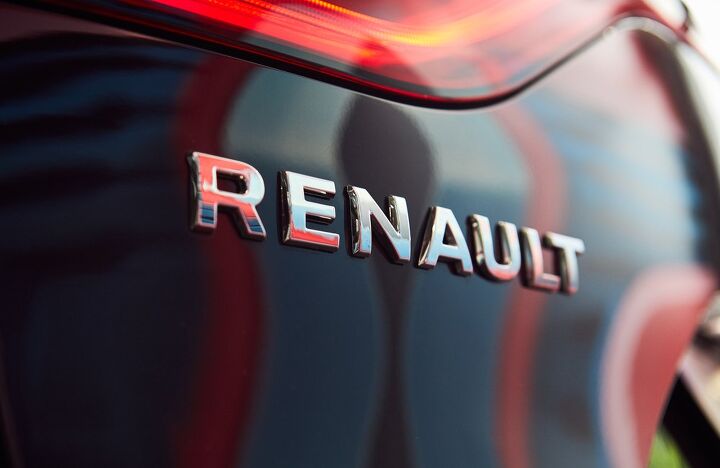
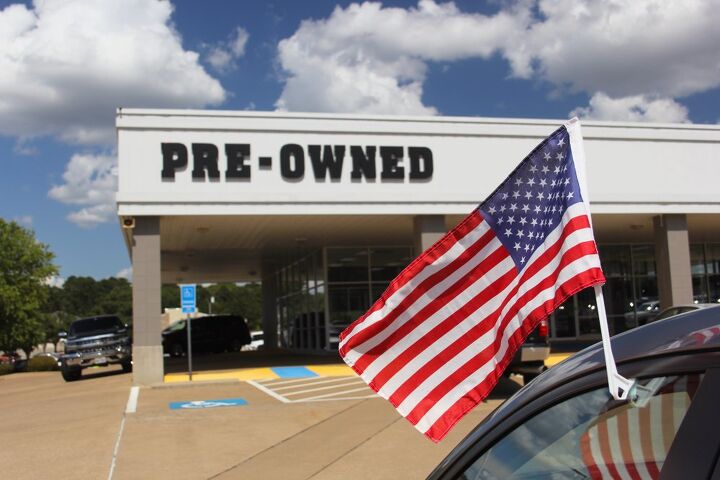
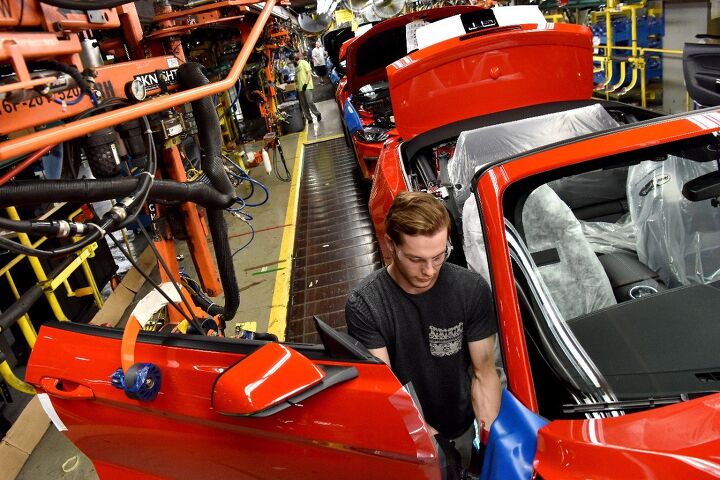

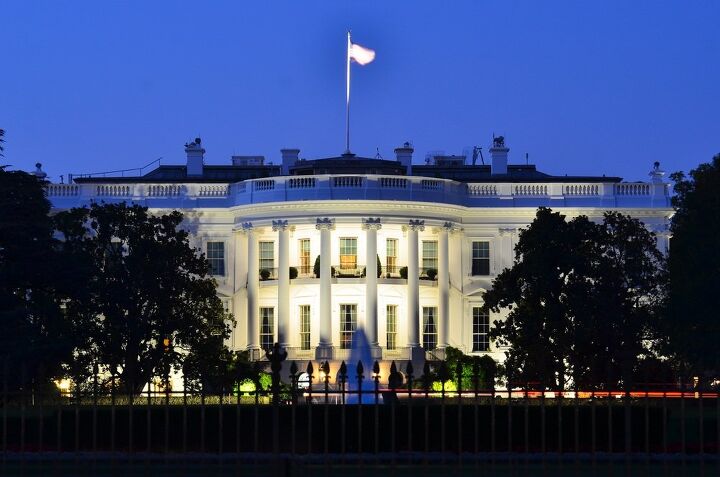
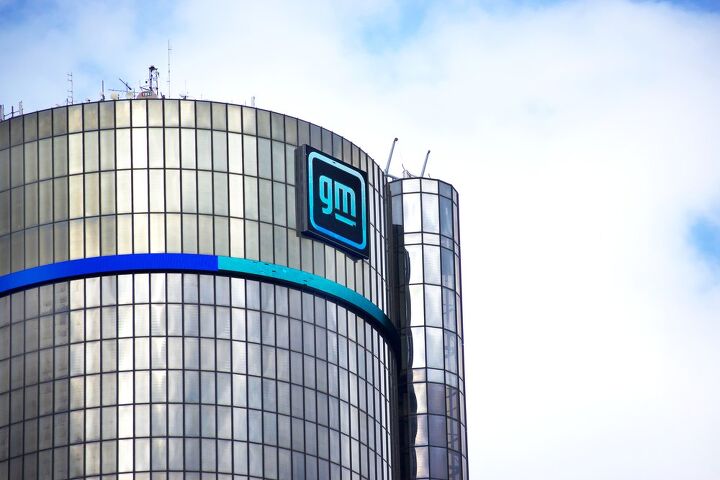
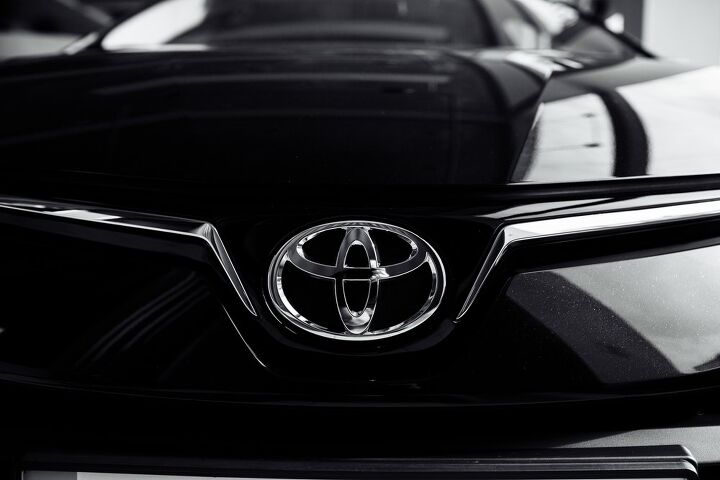

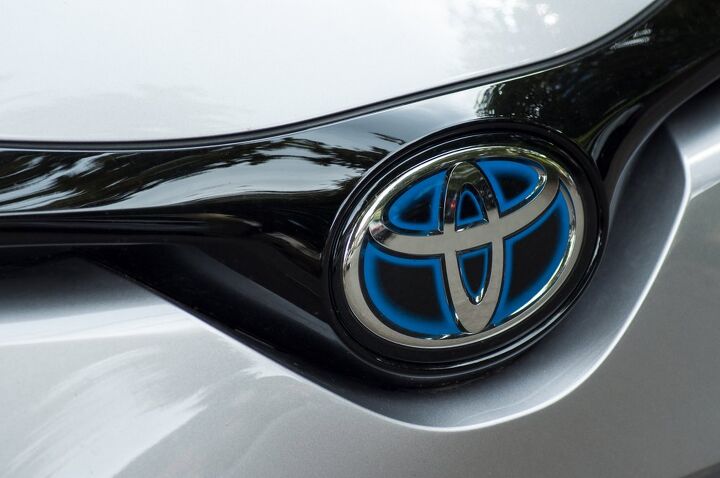

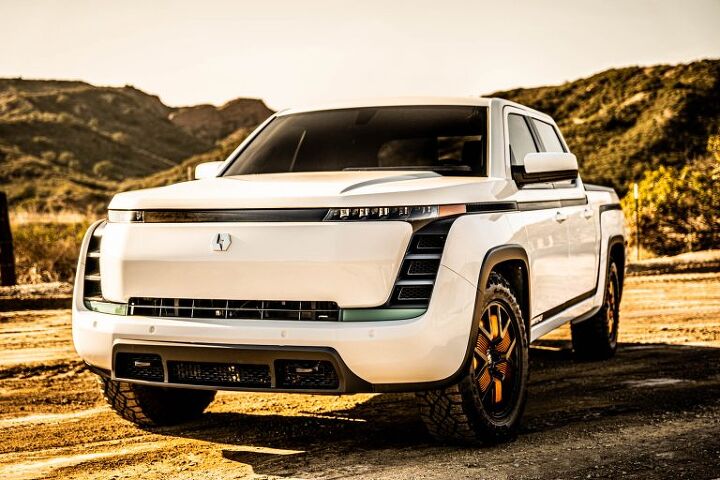
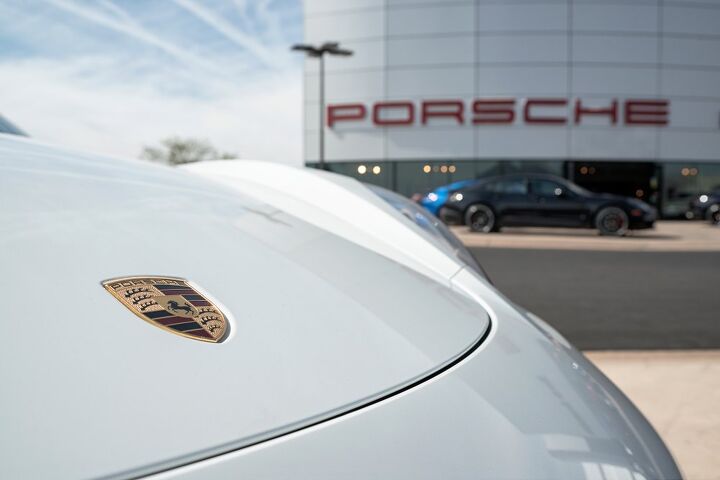












Recent Comments